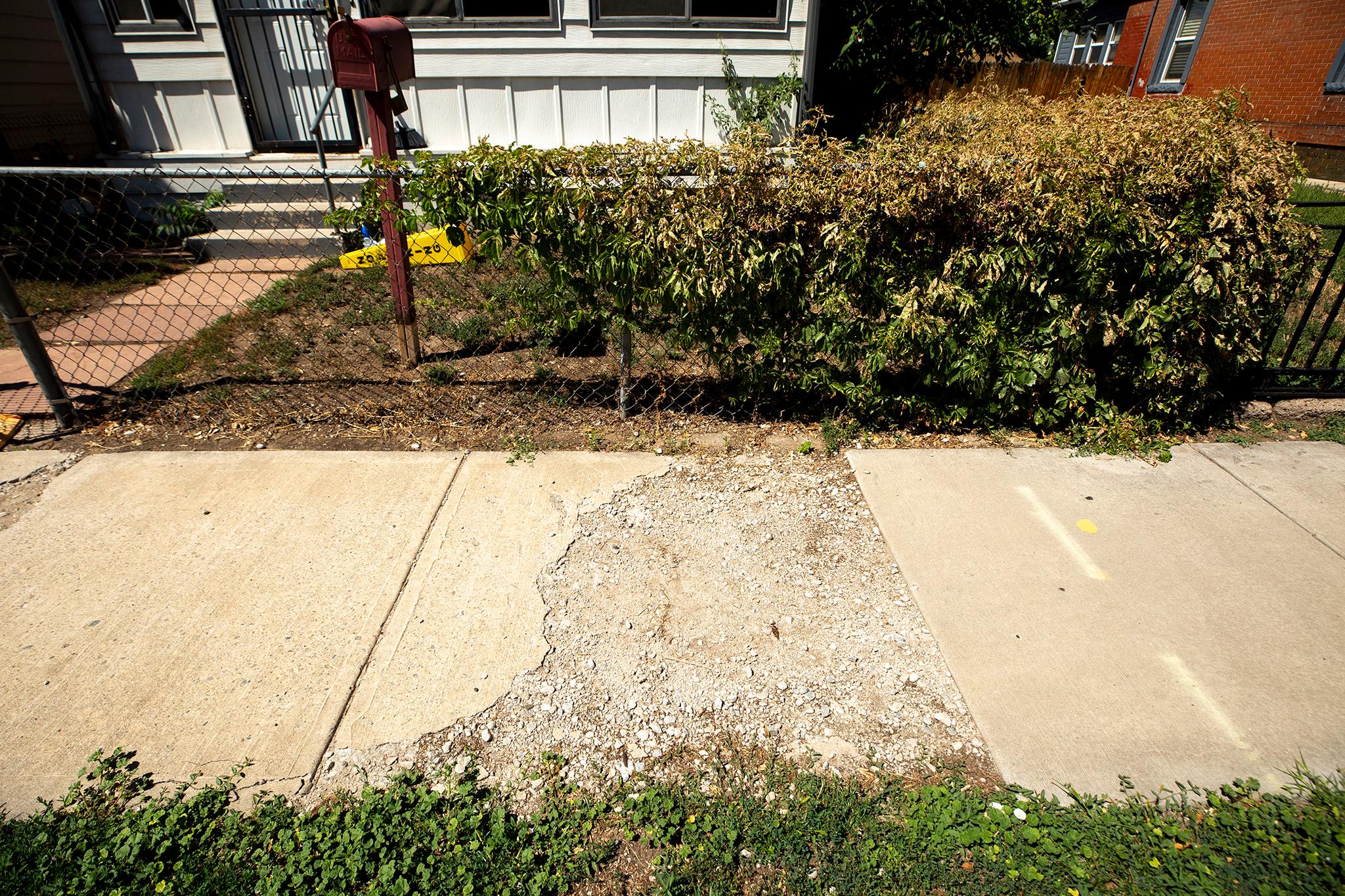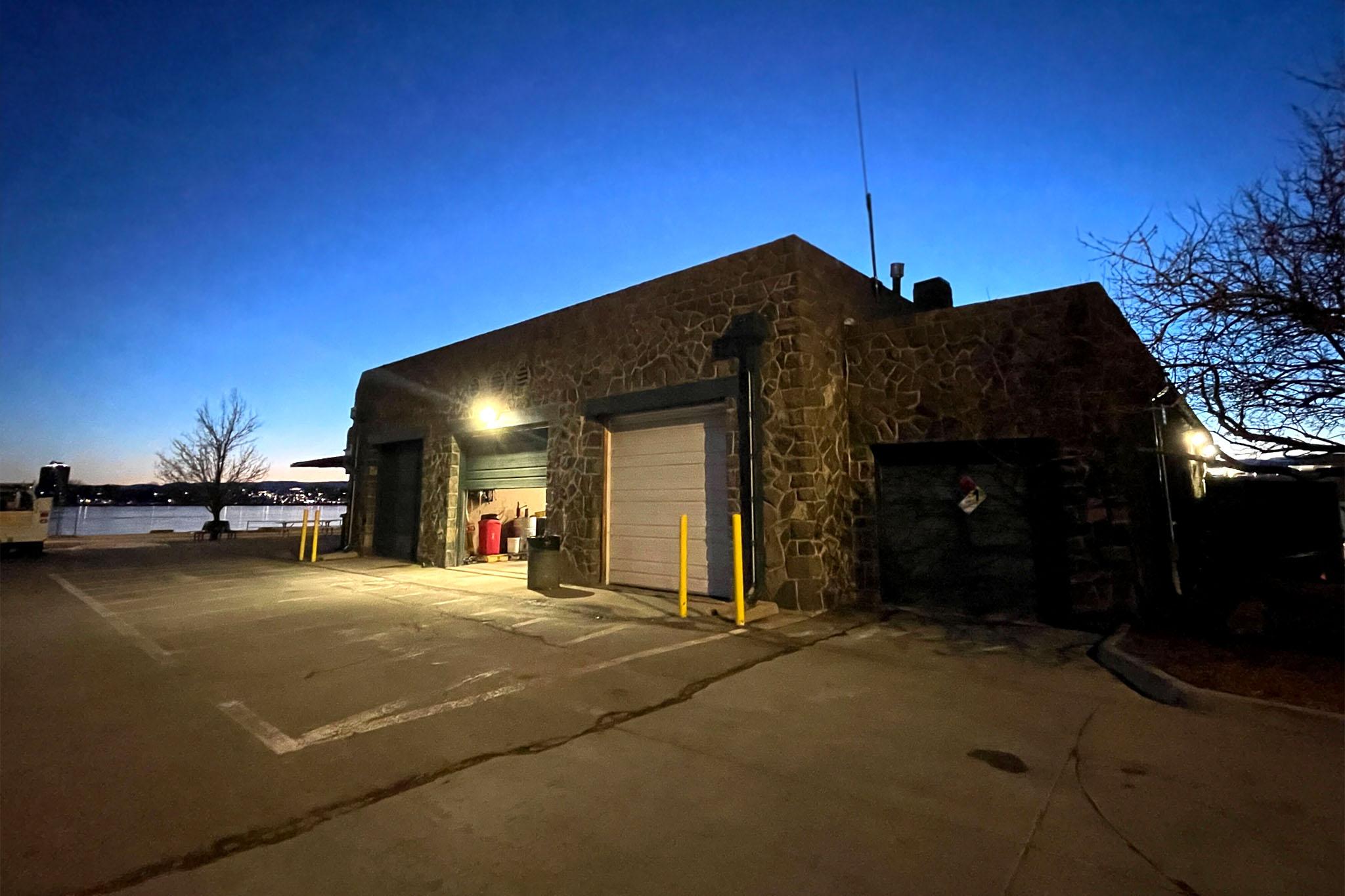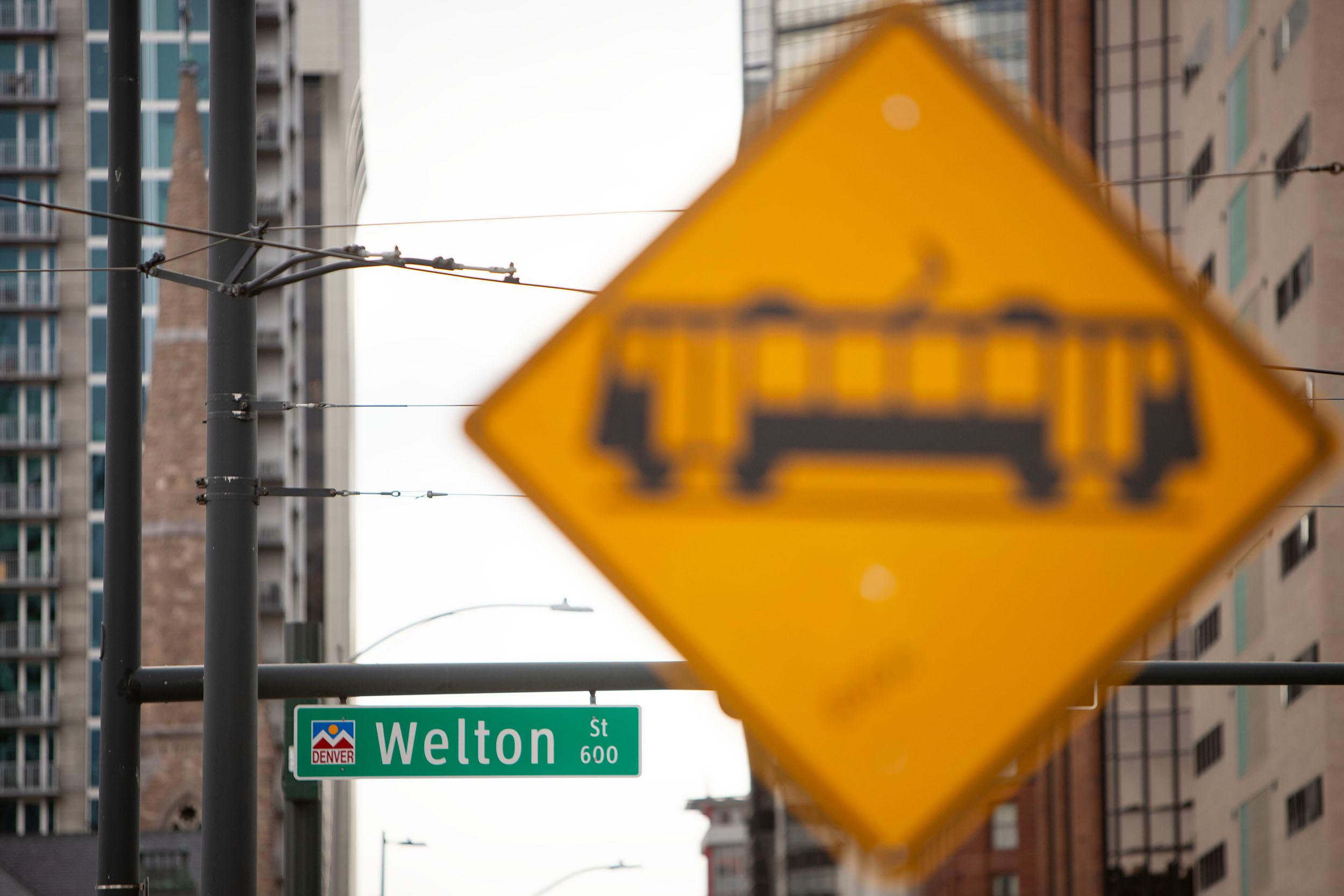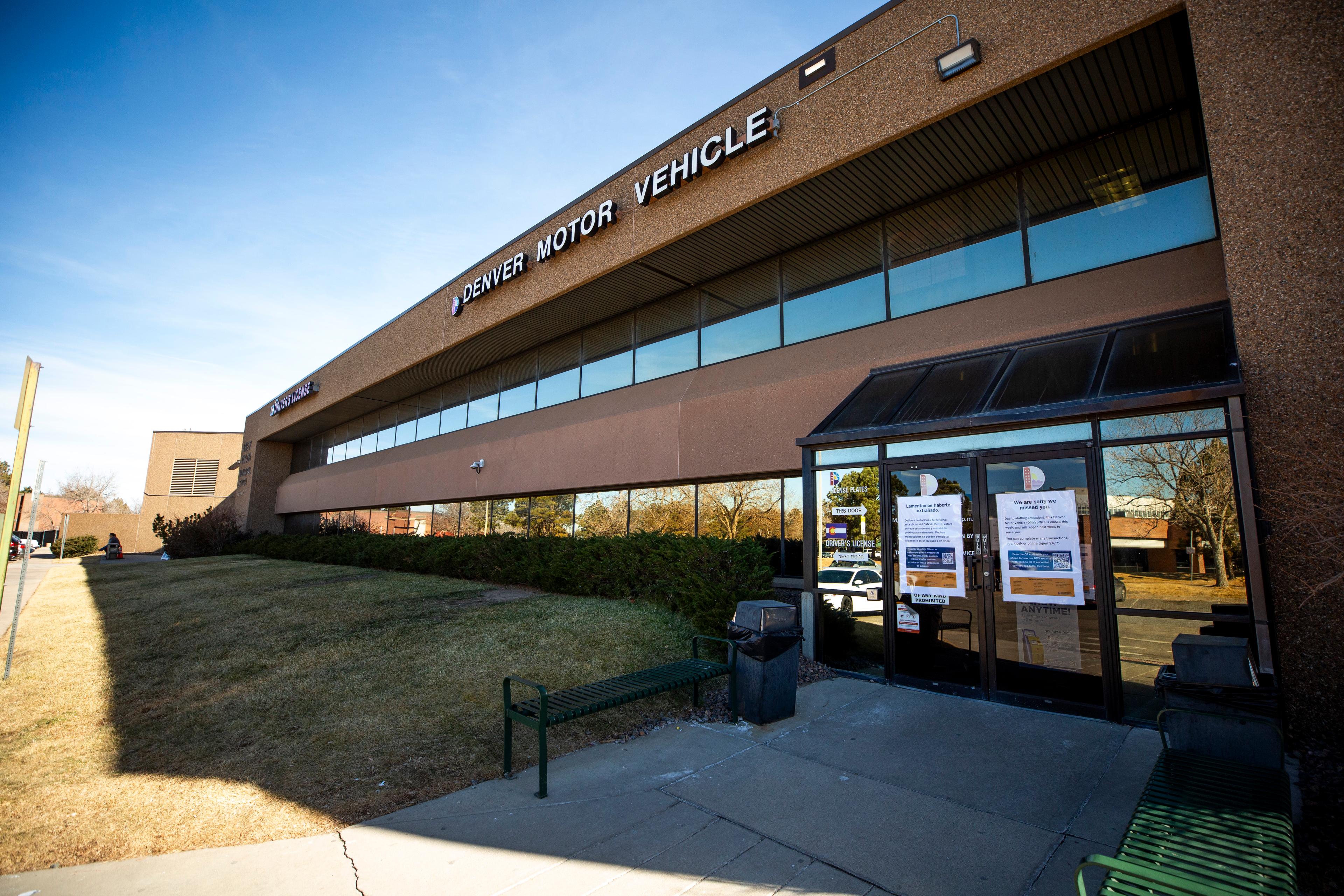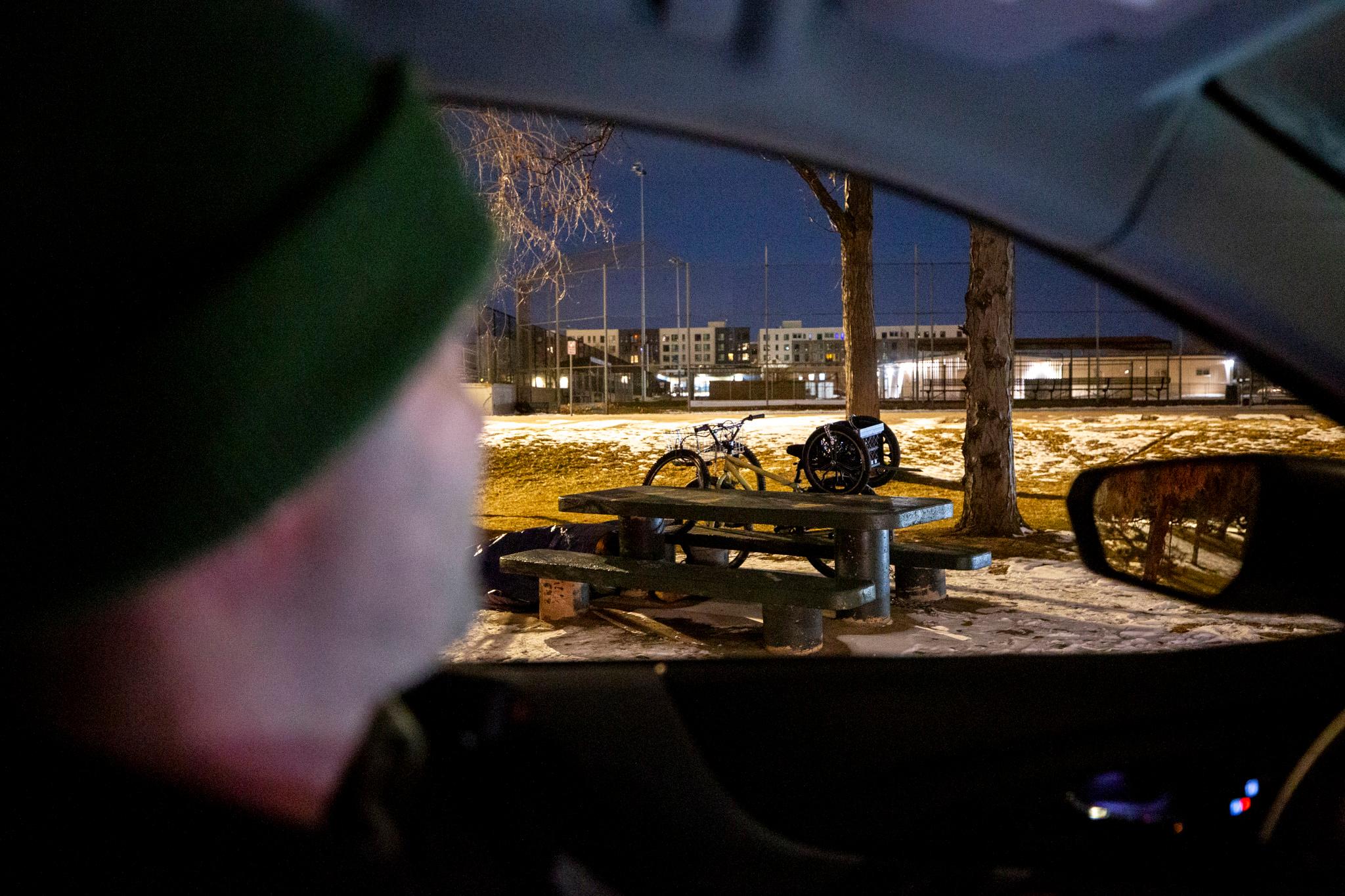Earlier this week, Denver City Council approved significant changes to the voter-approved sidewalk repair and expansion program — raising a question from one Denverite reader about why lawmakers are allowed to change things after the people of Denver make a decision.
“Just inquiring on how the City Council can [arbitrarily] change the fee structure on a citizen approved measure on the [ballot]?” wrote Rus.
The original plan, passed by voters in 2022, would have paid for hundreds of millions of dollars of sidewalk projects by charging fees to property owners. The fees would be based on how much of each property faced the street, and what type of street the property was on, with some properties paying hundreds of dollars.
This week, the city council changed that structure to a flat $150 fee for most property owners, with about 1 percent of owners with extra-large properties paying more. The bill also changed who qualifies for income-based discounts, allowed the city to raise fees based on inflation and expanded the timeline for repairs beyond nine years.
Much of the changes were in response to concerns that some property owners would get stuck paying $400 or even up to $800 annually, and to worries that low-income discounts wouldn’t reach people that needed them.
But, to answer Rus’ question, can council do that?
Yes, council can change ballot measures, but…
Council members have to wait a while before doing so, according to the city charter.
After six months, but within 10 years, of the passage of the measure, city council can make amendments or repeal the ordinance altogether. Doing so requires a public hearing and a super-majority of council votes — a total of nine yes votes — in favor.
- Denver City Council 101: Your guide to what they do, how bills become law and more
This only applies to ballot measures that function as legislation. If voters approve an amendment to the city charter itself, council’s hands are tied unless voters pass a different amendment in the future.
The changes to the sidewalks bill were passed by council unanimously.
There was widespread agreement among council members that something needed to change.
Plus, the original backers of the ordinance served on the committee that worked on the changes to the legislation. During the public hearing, the changes had the support of a variety of pedestrian advocates.
After a year of delays to make those final changes, the fees will start in January.
Something similar happened with the “green roofs” initiative, which passed back in 2017. With support from the original backers of the campaign, the council changed the law so that most buildings could simply have reflective “white roofs.”
Often, it’s a delicate dance between council members, ballot initiative campaigners and voters themselves. Council is often looking for a compromise that may be more workable for the city, more equitable to residents, or more palatable to people like building owners or developers — while trying not to anger the voters that originally passed the measure.
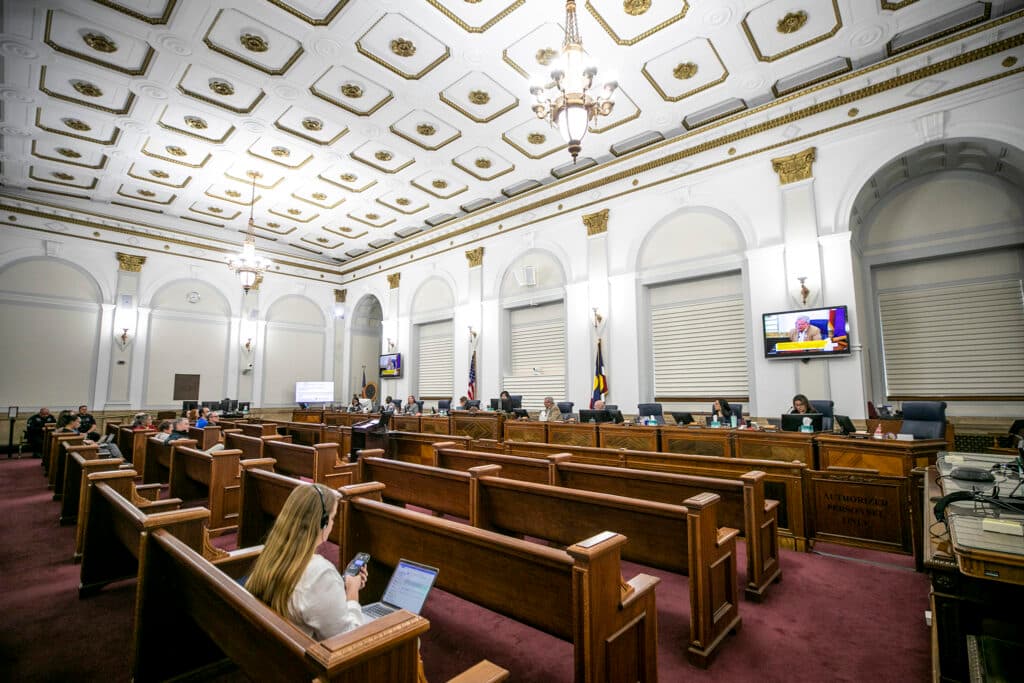
It’s worth remembering that city council often plays a role in ballot measures on the front end, too.
While advocates can get a measure on the ballot by getting tens of thousands of signatures, they can also try to convince city council to use their power to place measures directly on the ballot.
Doing so can save campaigners time and money, while also giving council some input into the details of the measure. That was the case with the sidewalks bill in 2022, and more than half a dozen questions on the ballot this November.
And, at the end of the day, voters also get to elect the council members themselves.
